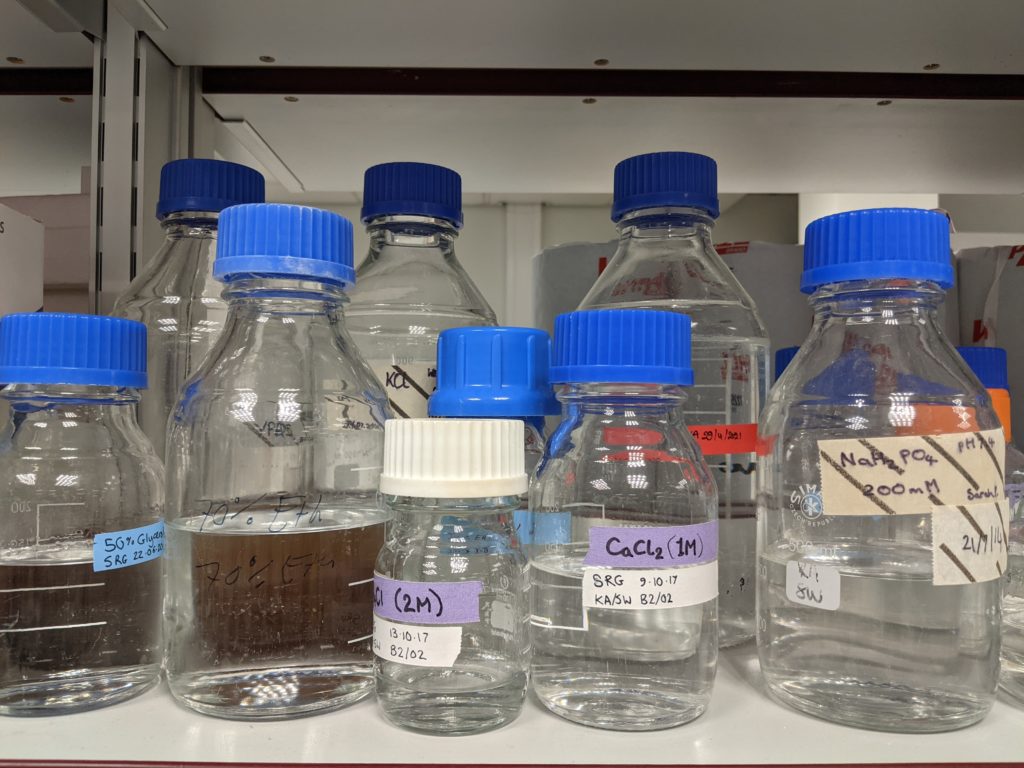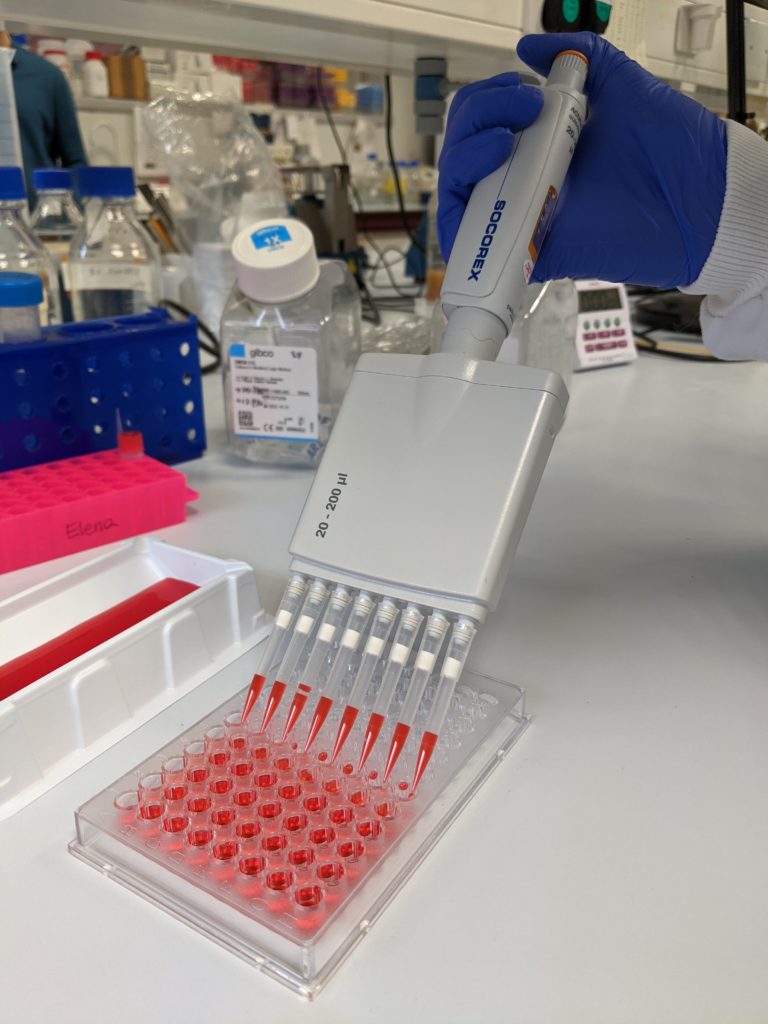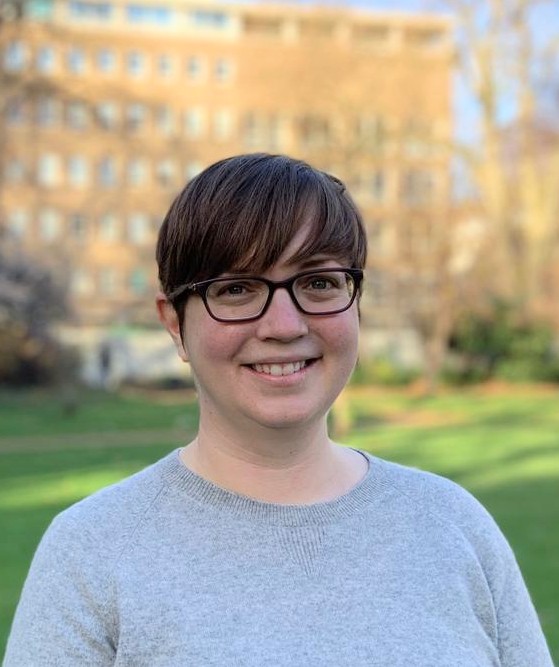
At METUPUK, we dream of the day when metastatic breast cancer (MBC) is downgraded from an incurable to a chronic illness. The only way this will be possible is through new scientific research. We urgently need more research into this deadly disease.
We need more clinical research into MBC, including clinical trials. These are crucial for identifying the most effective treatment options and for bringing new drug treatments to patients. Sometimes drugs that have been successful in treating other cancer types can be repurposed to treat MBC. Clinical research also helps to improve the quality of life of MBC patients by optimising treatments to minimise side effects. Thanks to this type of research the list of treatments available for MBC is growing and some MBC patients are living longer. Yet despite these new treatments, nearly all MBC patients ultimately experience disease progression and run out of treatment options.

If we are to dream of a cure, we also need research into the fundamental biology of MBC. This type of research, also known as ‘basic’, ‘discovery, or ‘blue sky’ research aims to understand exactly how a disease works. Increasing our understanding can lead to new and surprising discoveries that can be targeted by treatments in completely new ways. While this type of research doesn’t necessarily always translate into patient benefit when it does it can lead to major breakthroughs and the potential for new life-saving treatments. Most cancer drugs originated from basic research discoveries. For example, Herceptin, one of the most successful breast cancer drugs of all time, was developed after researchers studying the biology of breast cancer cells realised that some cells contained large amounts of a protein called Her2 that helped them to grow.

Fundamental research is based on the principle that if you want to beat an enemy, then you first need to understand them. And there is still so much that scientists don’t fully understand about MBC. Metastasis happens when cancer cells break away from a primary tumour and travel throughout the body through the blood or lymphatic system. The cells then enter distant organs such as bones, liver, brain or lungs. In some primary breast cancer patients these cells can lie dormant for many years until they become reactivated and start to grow to form secondary tumours or ‘mets’. There are many questions about this process that are still to be answered: how do cells leave primary tumours? Why do they become dormant and what causes them to reactivate? Why do some early-stage breast cancer patients go on to develop metastasis while others don’t and is there any way of accurately predicting who is at risk? How do metastatic cells evolve resistance to drug treatments and are there treatment strategies that can prevent or delay this? These questions can only be answered by fundamental research.
Scientific research is expensive. Clinical research is often funded by pharmaceutical companies who stand to benefit from selling a successful drug at the end of a trial. On the other hand, fundamental science research is usually carried out in universities or research institutes that rely on public money for support, either from the government or public donations. And this is where you can help:
How you can support MBC research
At METUPUK, we don’t directly fund MBC research but there are many cancer charities in the UK that support scientists to carry out excellent fundamental and translational research. For many charities it is not clear how much money is spent on metastatic cancer compared to primary cancers. We want to see more money spent specifically on research into metastatic disease. After all, it is nearly always metastasis that kills breast cancer patients, not their primary tumour.
If you would like to donate money specifically to MBC research in the UK you could consider supporting the following organisations:
- Breast Cancer Now is a UK-wide breast cancer charity that funds care and research. They fund research into prevention, diagnosis and treatment of both primary and secondary breast cancer. However, donations received through Second Hope will only be spent on funding research into MBC: https://breastcancernow.org/get-involved/other-ways-give/second-hope
- Make seconds count is a small charity dedicated to MBC. They fund support for MBC patients as well as a number of MBC research projects. https://www.make2ndscount.co.uk/
- Secondary 1st is a small charity dedicated to MBC research. https://www.secondary1st.org.uk/what-we-do/

By MetUpUK Member, Dr Helen Matthews
Follow her on Twitter
